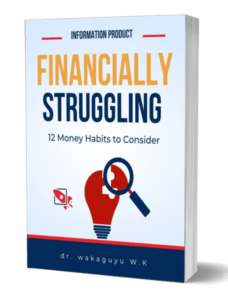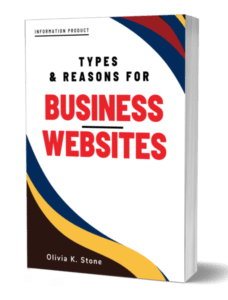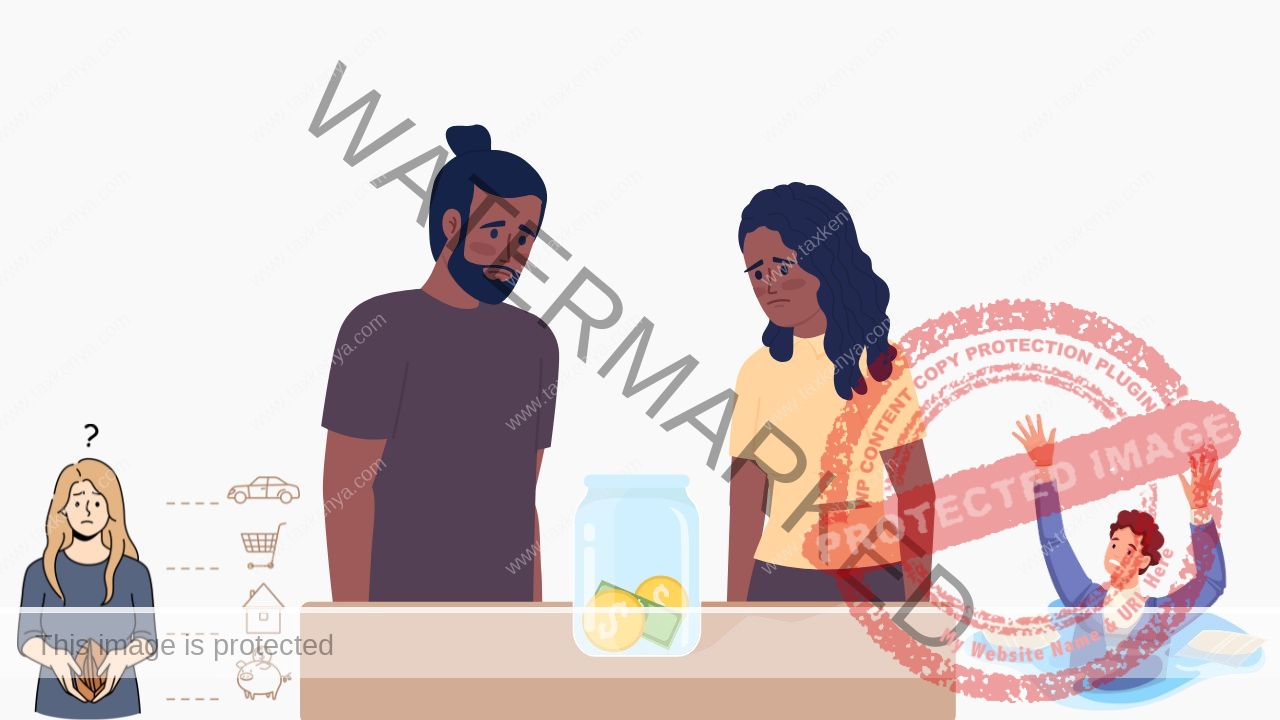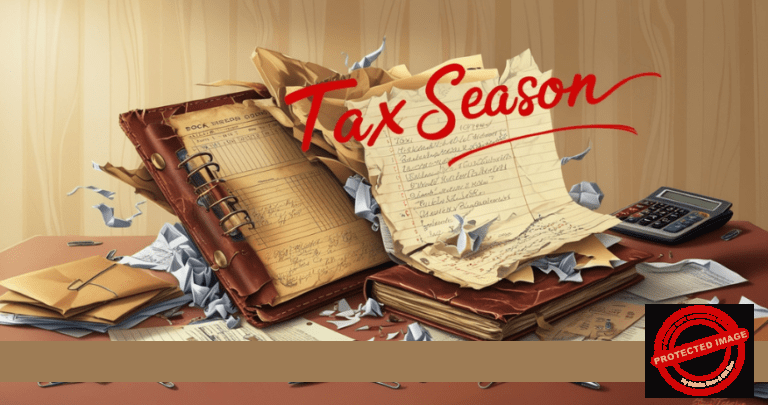Are you a business person? Are you struggling to make ends meet, create wealth or get out of poverty? If yes, you need to hear this. Many people in business struggle to create wealth in their working life and even after retirement.
We use poverty or poor terms to mean the inability to fulfil financial obligations.
a. Affiliate Disclosure: These are affiliate links from which we receive a commission at no cost. Read full Affiliate marketing disclosure HERE.
b. Tax Contents Disclaimer: The tax industry in Kenya is very dynamic. The tax contents in the posts are not professional advice. Read full disclosure HERE.
If you are struggling, there are many reasons for this. But do you know the reasons? This may surprise you.
The main reason why many taxpayers live in poverty and struggle to create wealth is money habits. Yes, their money habits.
In this information product, we will examine 12 money habits that may be pushing you as a taxpayer into poverty. It is important to note that these are not the only habits, there are many others out there.
Some Habits to Consider
When you become aware of your money habits, you can improve your money management, savings, and investments, create wealth and break the cycle of poverty.
What are the money habits that may be contributing to your financially struggle?
# 1 Not Paying Yourself
When is the last time you paid yourself? This is irrespective of whether you own a business or are employed in your business.
You pay taxes, but do you pay yourself? Everybody should be paid. If others are not paying you, you need to pay yourself.
Look, after you have made all the payments to others, there may be little or no money to pay yourself.
Not paying yourself can limit your ability to save money and invest in your future. This can affect your ability to escape poverty as a taxpayer.
# 2 You Don't Earn Enough Money
Are you struggling to pay your basic expenses? This may be an indication that you do not make enough money. Many people do not. But that should not be an excuse.
When you don’t make enough money to cover your basic expenses, you will not have money to save or invest.
You may end up relying on loans. This will increase your debt, you will pay higher interest, and you will have limited financial flexibility and stability. This can hinder your potential growth and result in poverty.
# 3 Emergency Savings
How much emergency savings do you have at this moment? Let me ask you, if you find yourself in a situation where you are unable to work for the next 6 months, what are you going to do if you do not have emergency savings?
Every person needs or requires a certain level of stability. Emergency savings will give us that stability. We have been advised time and time again about the need to have emergency savings, at least for our living expenses, to cushion us for a period between three to six months.
We all need that safety net from unforeseen events such as medical expenses or job losses. Without it, we may have to spend all our savings or get into high-interest debts to cover the expenses. This may put us further into financial crisis, debt accumulation and further poverty.
# 4 Debt Comfort
We have been told debt is good. We have been told debt is not good. Being comfortable with debt may result in debt accumulation and dependence. This will push any taxpayer further into poverty.
This is especially when taxpayers take new loans without clear repayment plans. The taxpayer may end up using a large part of their income to pay the principal debt amounts and interest. The taxpayer will have little or no money for any other financial obligation. This will make it difficult to save, invest, or create wealth.
# 5 Taxes Compliance
Have you ever paid extra taxes as fines, penalties, or interest? If you have, this is an indication of poor money habits. Tax compliance can improve your money habit.
When taxes are mishandled, this can result in needless debts to pay tax fines, penalties and interest. Of course, this will affect your finances. You may find yourself accumulating debt, and you will have little money to save or invest.
Remember, when you are not tax compliant, you are breaking the tax law. The financial burden of taxes may eventually lead to financial difficulties and poverty.
# 6 Financial Plan
Do you have a financial plan? Time and time again, we have been told that failure to plan is planning to fail. If you do not have a financial plan, you neglect a very important activity and will likely mismanage your money.
Your ability to make money may be limited, and as a result, you risk becoming poor. The lack of a financial plan indicates that some critical financial issues are not prioritised.
If this is the case, what is likely to happen? You will likely miss opportunities for savings, investing, and wealth building. A financial plan is very important.
For example, with a financial plan and good money management, you can make payments on time, avoid incurring late payment charges, and maximise the use of the resources you have at your disposal.
# 7 Investment Habits
How many investments do you have? Can you tell upfront? It is sad that Many taxpayers do not have investments. If you put off or postpone investing, your capacity to accumulate wealth and escape poverty may be impaired.
If you don’t take advantage of the many investment opportunities around, you risk missing out on the benefits of wealth creation, growth and long-term financial rewards.
At the end of the day, you will have constrained financial growth, a lack of financial diversity, and increased financial risk. All this could result in poverty.
Article written by Dr. Wakaguyu W. K
taxkenya@gmail.com







